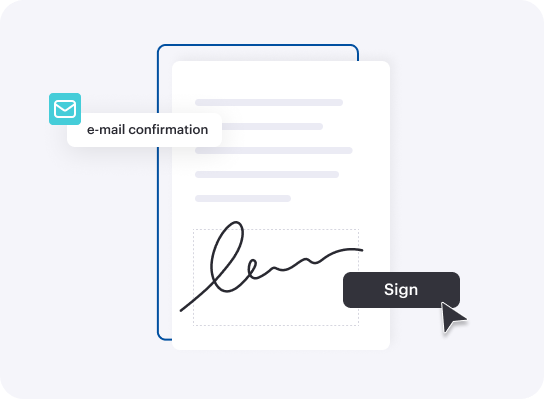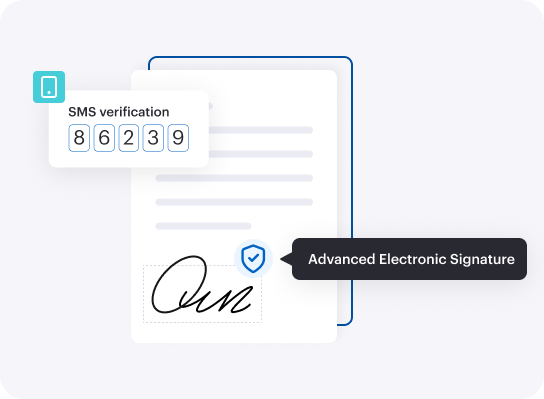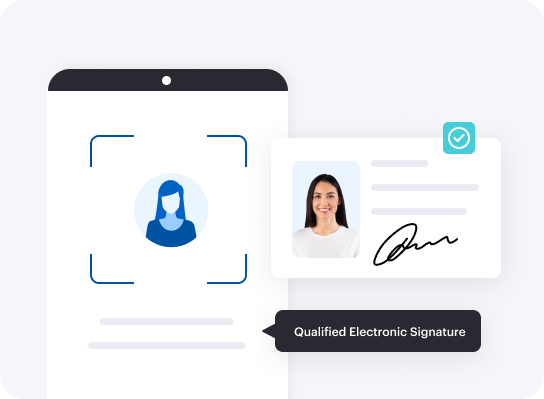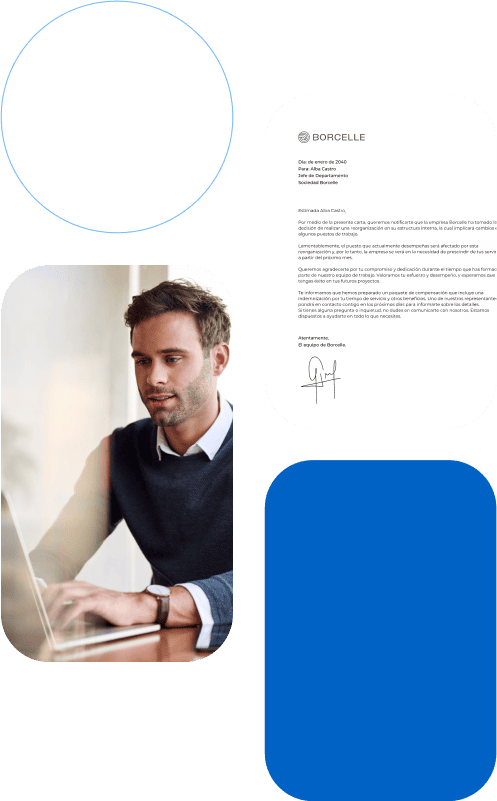Understanding Electronic Signatures
Simple, Advanced, and Qualified
Discover the differences between Simple e-Signatures (SES), Advanced e-Signatures (AdES), and Qualified e-Signatures (QES) to choose the right option for your needs.
Try iLoveSign

Choose the best signature level for your documents
Simple e-Signature
Provide a simple level of security and are suitable for general business communications and internal documentation
Use cases
General Business Communications
Simple e-Signatures are appropriate for internal communications, non-binding agreements, and routine approvals, such as internal memos, meeting minutes, and staff notices.Low-Risk Transactions
Suitable for transactions with low value and low risk, such as purchase orders, standard customer agreements, and consent forms.Administrative Tasks
Commonly used for administrative documentation such as employee onboarding forms, timesheets, and expense reports.

Advanced e-Signature
Offer a higher level of security and are appropriate for most business contracts and transactions
Use cases
Business Contracts
Advanced e-Signatures are ideal for legally binding contracts, agreements, and transactions with moderate risk and value, such as sales contracts, vendor agreements, and employment contracts.Regulated Industries
Organizations in highly regulated industries, like finance and healthcare, often use advanced e-Signatures to meet compliance requirements.

Coming soon
Qualified e-Signature
Provide the highest level of security and are necessary for high-stakes, legally binding agreements and strict regulatory compliance.
Use cases
High-Stakes Transactions
Documents involving significant financial or legal consequences such as real estate contracts, large financial transactions, or wills, benefit from the highest level of security provided by qualified e-Signatures.Regulatory Compliance
Industries with strict legal and regulatory requirements, such as pharmaceuticals or government contracts, often require qualified eSignatures to maintain compliance.


Know your country's e-Signature laws
While iLovePDF's digital signatures are legally valid in many contexts, it's crucial to verify their acceptance in the specific country and situation where they will be used. For critical or high-security situations, we recommend seeking legal advice to ensure compliance with all relevant regulations.
Have any doubts about e-Signature validity? Our team can help you with this process.
Download whitepaperJump into a powerful e-Signature solution

Ready to digitize your business agreements?
Streamline your business operations and secure your agreements with legally binding electronic signatures.
Compare prices